24 Apr Join our Social Classes
Social Classes - Getting along with others
When children join our social classes, a whole new world opens up for them.
Play and social skills should be part of an ABA treatment plan and are very important for children who have autism, language delays or just struggle with making friends. Many parents are very eager to place their children in social groups or play dates or even group classes at school. These are all wonderful if your child is ready for them, but on the flip side, they can be difficult and stressful if they are placed in these groups too soon. If your child has some habitual aggressive or stereotypic behaviours that make playing in groups a struggle, we can help.
Is my child ready for social classes?
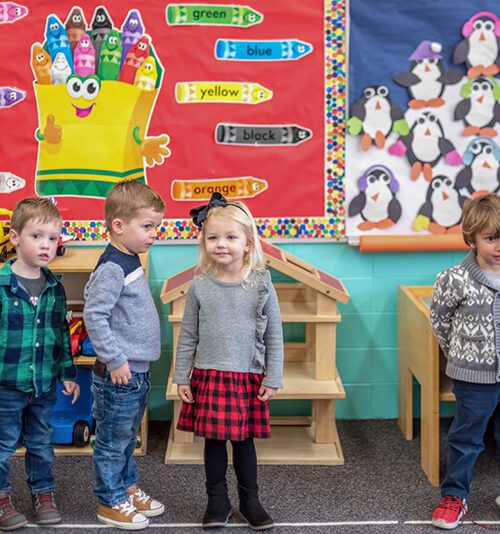
What questions should you ask yourself as a parent TO DETERMINE if they are ready for the groups:
Does my child allow peers into his space and allow peers to touch his/her toys?
Is my child able to successfully sit and engage in leisure activities?
Does my child have an interest in toys and games?
Does my child understand “taking turns” and are they able to wait their turn and play alongside others without interfering (parallel play)?
If you have responded “NO” to the questions above, speak to your child’s therapist to write specific playdate goals into a treatment plan.
If you responded “YES”, contact us to arrange social classes for your child.
At Newberry Park every child’s Programme includes play skills and leisure skill activities. We teach these as a part of a programme and then in the afternoon, we focus on social skill activities within a group. The social programme helps our students to learn to use skills they have developed in their one-on-one time in a wider range of situations and with different people. We call this “generalising” the skills taught.
What happens during a social class?
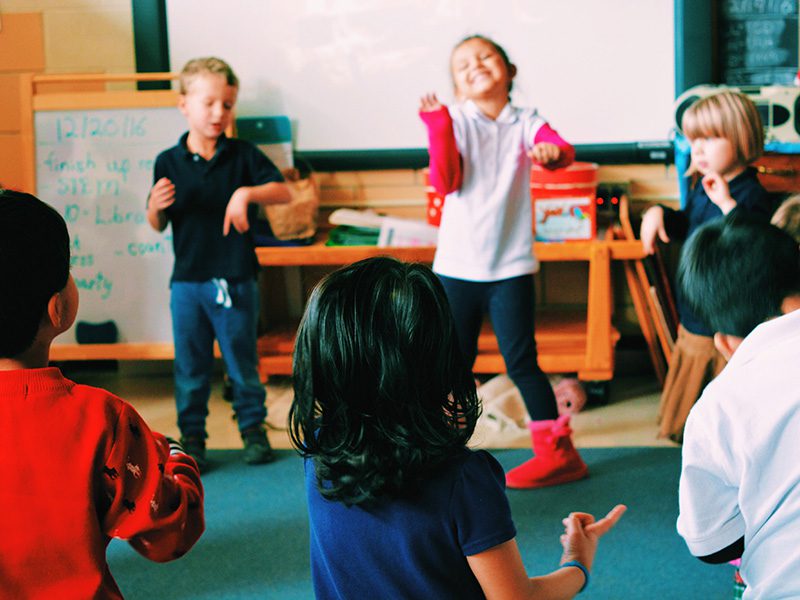
Our social classes start with a welcome song and every student learns to greet their peers and introduce themselves. We then go into a social play programme that promotes parallel play between our students.
After some play, all students get together for a basketball hoop or soccer competition. Depending on the skills of the particular students, we may have some bike riding/treasure hunt or hide and seek games.
All students get together to complete an arts and crafts activity where there are multiple skills taught at the same time.
By this time it’s time to say goodbye and students then learn to pack up and get their personal items together before going home.
As you can see, simply placing a child in a group environment is not social training or an effective playdate. All our playdates revolve around one goal – to teach a child successfully without having to constantly do ‘damage control’.
Most of the students who come to us for our social skills group have experienced failure in a group environment and it is up to us to teach them how much fun they could have with their siblings or peers.
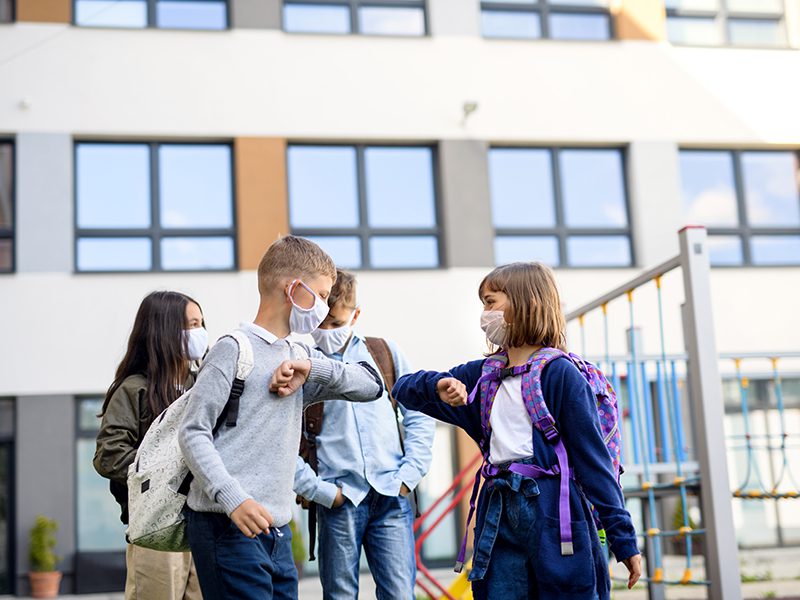
Appropriate play skills
Appropriate play skills include more than sharing and sitting next to a peer. We look at important social interactions such as:
- Keeping hands to self
- Greetings and reciprocating conversations
- Responding and asking questions
- Eye contact
- Imitating peers
- Social manners
- Problem-solving with peers
We also hold weekly social skills programmes for students who attend other schools. These programmes are highly individualised for each student and we make them fun and interactive. Not only are they great for improving social skills and group interaction but they increase the students’ self-esteem and awareness of themselves.
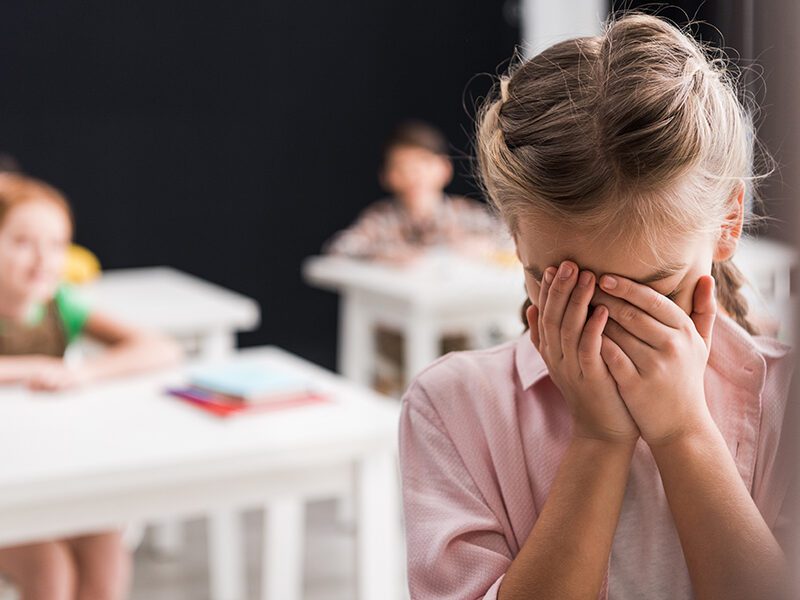
Emotional Regulation
Social skills are taught with emotional regulation at the same time. Children learn how to manage and express their feelings with others. Parents of our students have told us how thankful they are when their children start experiencing better social engagements. Moms and dads have also been grateful when their children can express how they are feeling and talk about how past events have affected them.
Arrange social classes for your child
Social classes are usually conducted at our premises in Randburg.
Juliet our BACB conducts the initial assessments and programme development. Letitia at Newberry East runs the home-based programme.
Read more about getting started and how to arrange an assessment here.
Contact Juliet at
NEWBERRY PARK – RANDBURG Juliet@newberrypark.co.za
Contact Letitia at
NEWBERRY EAST – PRETORIA letitia@newberrypark.co.za
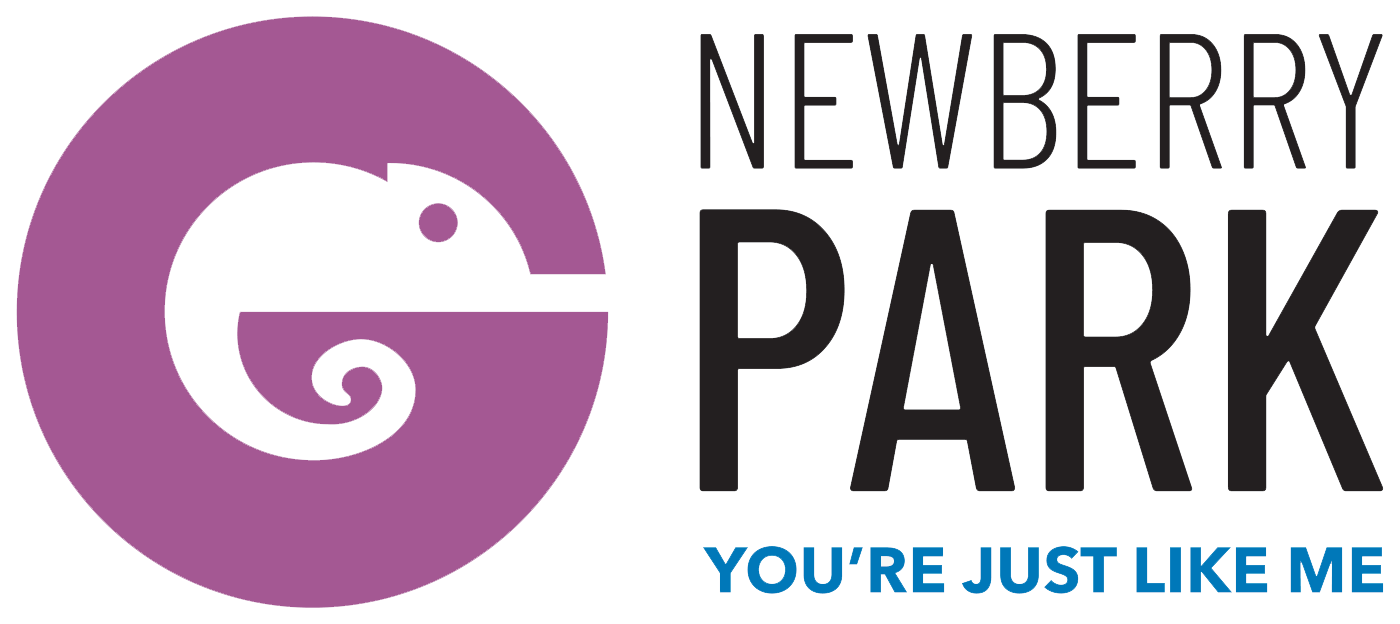
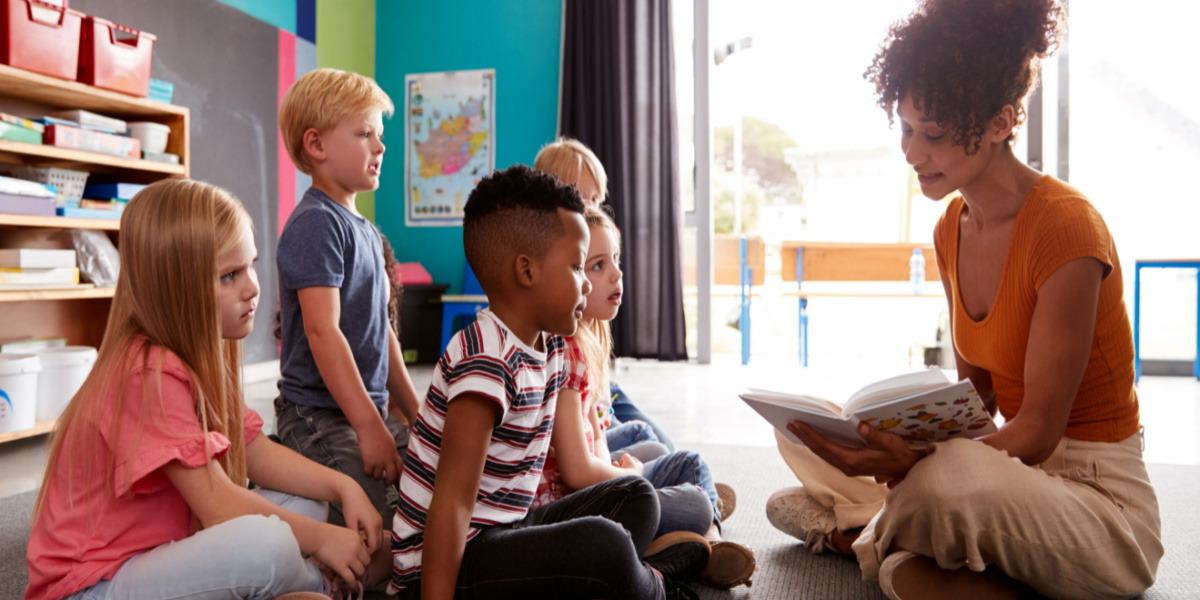
Sorry, the comment form is closed at this time.